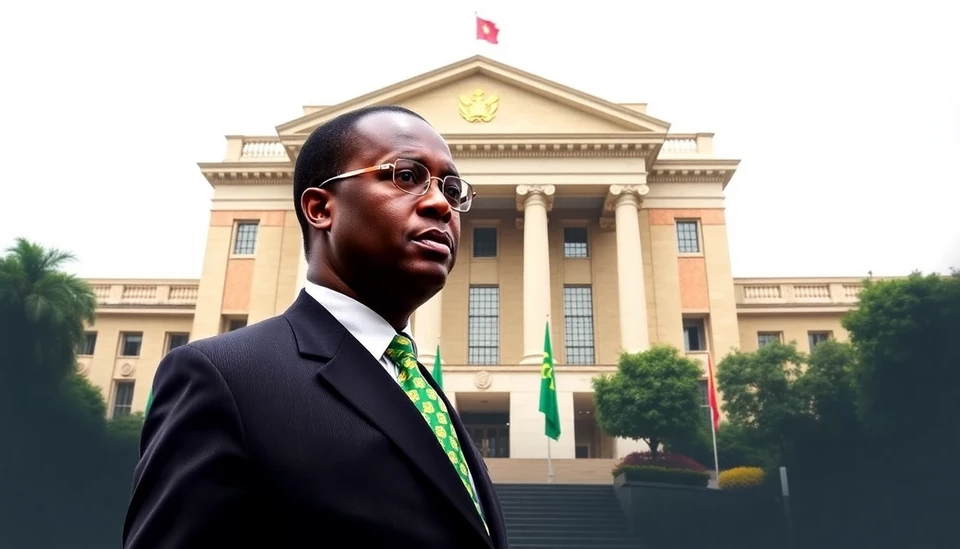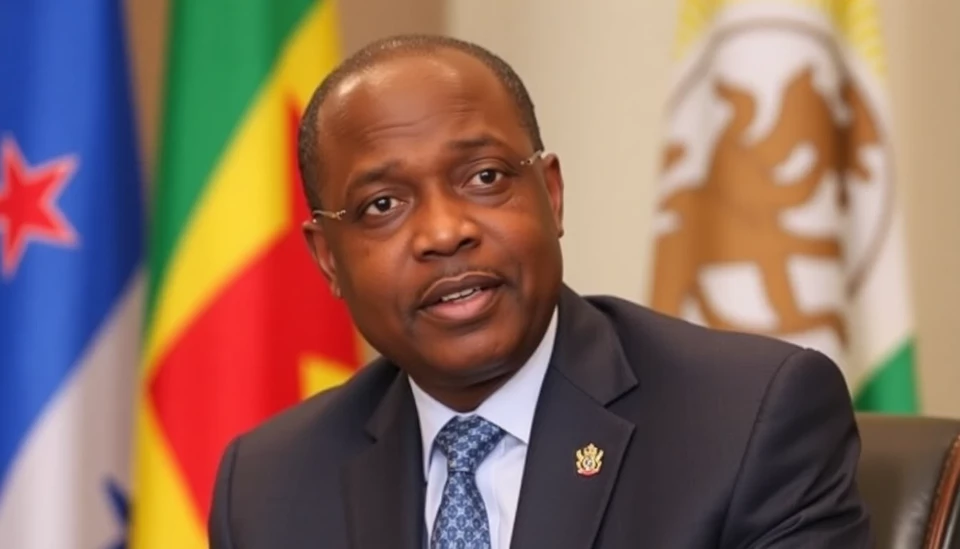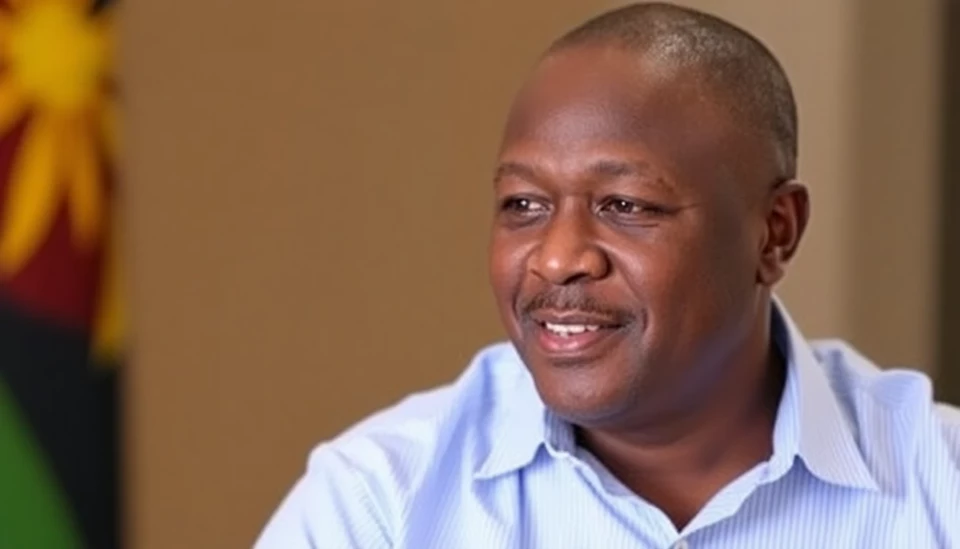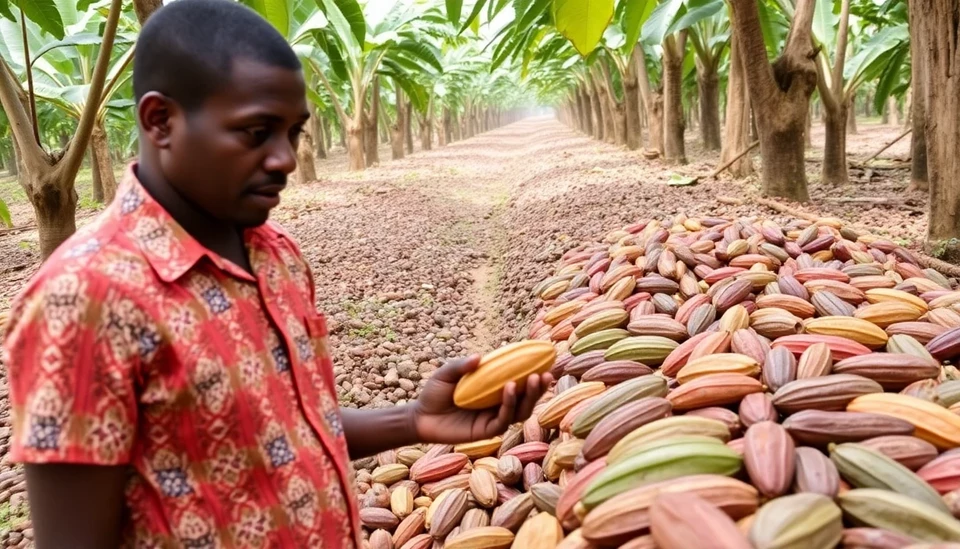
The monetary policy landscape in Ghana is currently facing a critical juncture as the nation grapples with fluctuating inflation rates, prompting speculation regarding the potential adjustment of interest rates. As authorities prepare for their upcoming monetary policy meeting, many economists and market analysts find it increasingly difficult to predict the central bank's likely course of action.
With inflationary pressures intensifying over recent months, experts are split on whether the Bank of Ghana will decide to raise, reduce, or maintain the current interest rates. According to the latest reports, inflation in the country has recently shown signs of increasing again, suggesting that recent efforts to control price rises might not have yielded significant results.
Analysts believe the decision-making process will be complicated by key economic indicators that present conflicting signals. While some economic data suggest a possible easing of inflation expectations, other metrics reveal continued price instability, further complicating the monetary policy picture.
The Bank of Ghana has been actively addressing inflation for much of the year, which pervaded various sectors of the economy and affected consumers' purchasing power significantly. To combat this inflationary trend, the central bank has previously raised rates, hoping to stabilize the currency and restore confidence in the economy. However, the effectiveness of these interventions will be a substantial factor in their upcoming decision.
Furthermore, the global economic context, including rising commodity prices and supply chain disruptions, continues to exert pressure on Ghana’s inflation rates. External factors, such as fluctuations in oil prices and changes in global economic conditions, further complicate the forecast for Ghana's monetary policy response.
As the date for the policy meeting approaches, stakeholders across various sectors are anxiously awaiting clarity on the Bank of Ghana’s strategy, with many recognizing the significant implications any decision will have on economic stability and growth forecasts. Businesses, consumers, and foreign investors are all keenly aware that the central bank’s decision will either ease or exacerbate the current economic climate.
The Bank of Ghana's decision, therefore, is not just about interest rates; it is a balancing act that will attempt to navigate inflation, support economic growth, and stabilize the currency. The outcome of this meeting is set to have lasting effects across all facets of the economy, making it a crucial moment for the country.
#Ghana #Inflation #InterestRates #MonetaryPolicy #Economy #BankOfGhana
Author: Laura Mitchell




